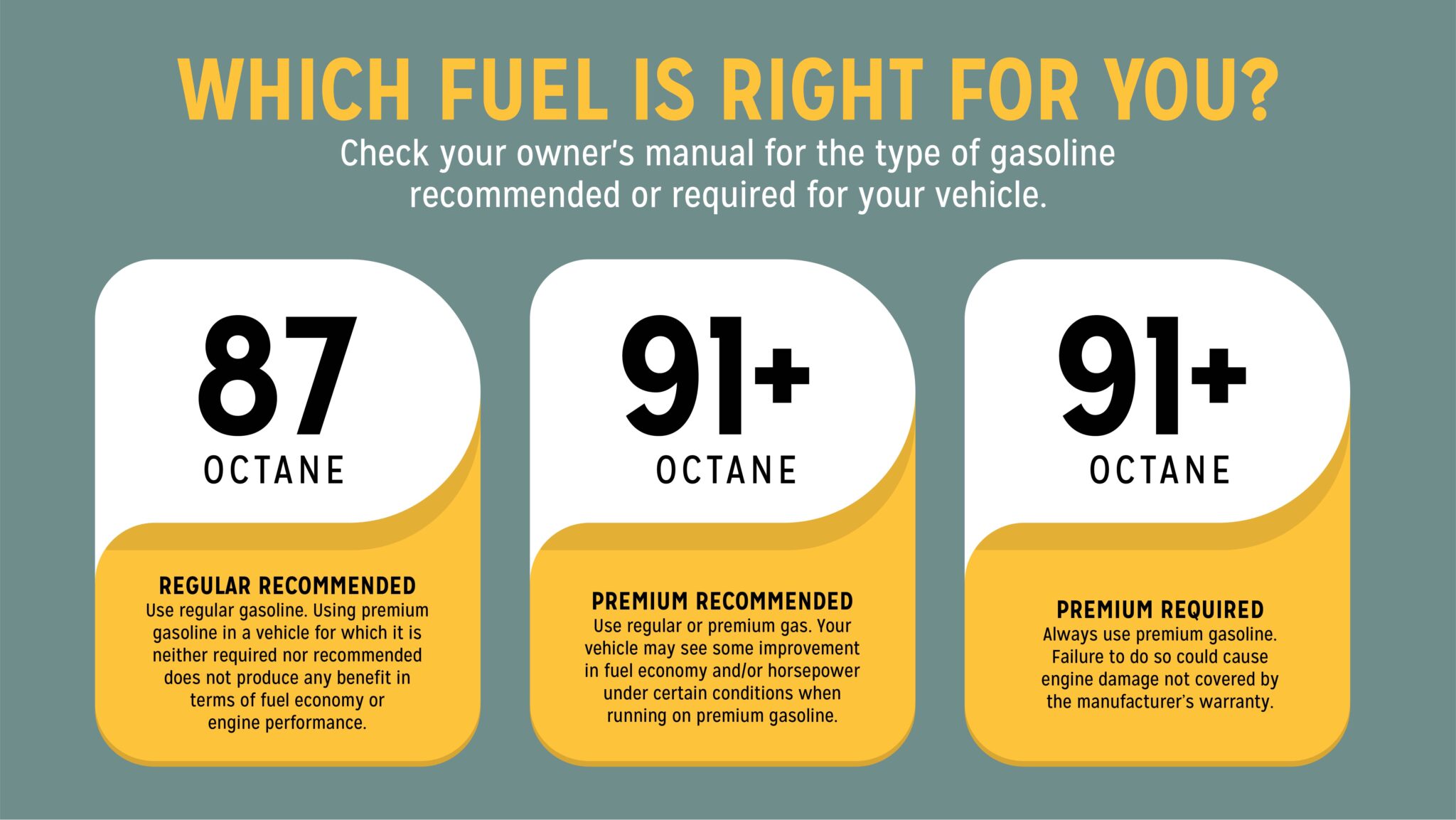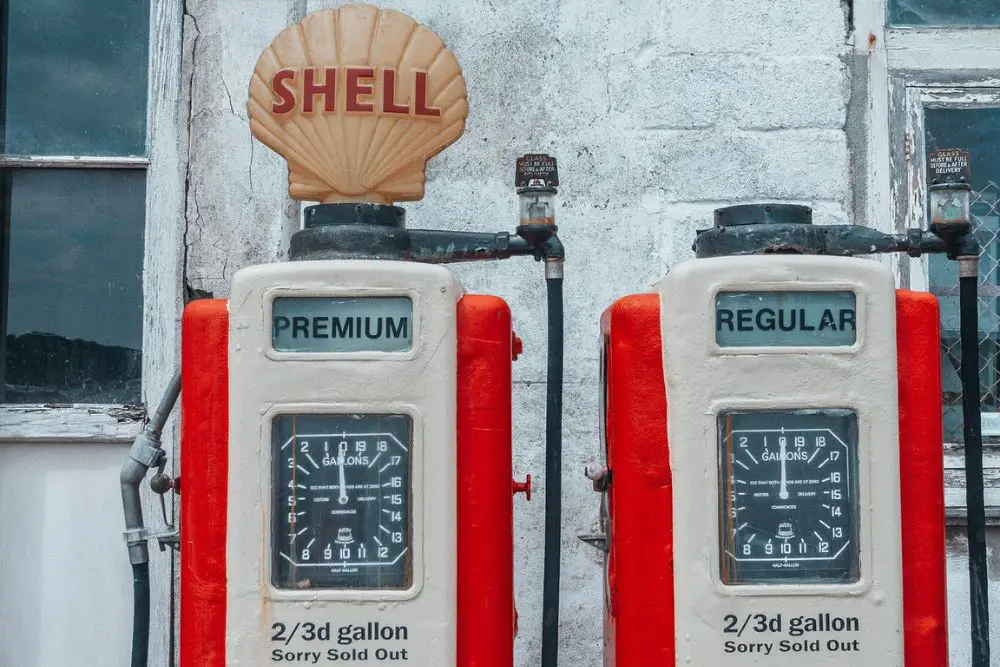The debate over the necessity and value of premium gas is a longstanding one among vehicle owners. Premium gas, characterized by its higher octane rating compared to regular gasoline, is designed to resist knocking or pinging during combustion.
This feature is especially beneficial for high-performance engines with higher compression ratios, as it ensures smoother and more efficient operation. However, for the average vehicle, the question remains: is the extra cost of premium gas truly justified?
For certain high performance and luxury cars, premium gas is not just recommended but required by the manufacturer. These vehicles are engineered to make the most of the higher octane fuel, and using regular gas could lead to engine knocking, reduced performance, and even long-term damage.
In these cases, adhering to the manufacturer’s recommendations is crucial to maintaining the vehicle’s health and longevity. On the other hand, most modern vehicles are designed to run efficiently on regular unleaded gasoline.

For these cars, using premium gas offers little to no benefit in terms of performance or fuel economy. Studies, such as those conducted by Consumer Reports, have shown that there is generally no significant difference in using premium gas for cars that only recommend it.
The higher cost of premium gas, therefore, becomes an unnecessary expense with no tangible advantages. The price difference between regular and premium gas can add up significantly over time, particularly for drivers who cover long distances or drive frequently.
If your car does not specifically require premium gas, you could be spending extra money without reaping any real benefits. It is essential to weigh the potential performance gains against the additional cost, and for most drivers, regular gas will suffice without compromising their vehicle’s efficiency or safety.
If your car requires premium gas, it is worth using it to ensure optimal performance and avoid potential engine issues. However, if your vehicle merely recommends premium gas, sticking with regular gasoline is likely a more economical and equally effective choice.
Always refer to your owner’s manual for the best guidance on the appropriate fuel type for your vehicle. Understanding these distinctions can help you make an informed decision and potentially save money without sacrificing your car’s performance.

